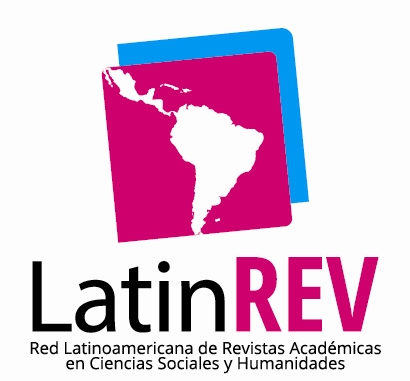Technology and Territory: Empowering the Social Economy with Artificial Intelligence
DOI:
https://doi.org/10.5281/zenodo.14502027Abstract
This paper analyses the transformative impact of Artificial Intelligence (AI) in the Social Economy, with a particular focus on rural contexts. The study focuses on the implementation of AI in indigenous communities in the Province of Catamarca, Argentina, specifically in the Western Region, where the handicraft activity of loom weaving is predominant. A mixed research methodology was used, combining elements of qualitative and quantitative methodologies to provide a more complete understanding of the phenomena investigated. Through the research conducted, it is demonstrated that AI has the potential to strengthen artisanal enterprises, improving commercialisation and opening up new economic development opportunities for these communities. It also identifies weaknesses in terms of training, safety and confidence in the use of these technologies. The study concludes that AI not only contributes to the sustainability of the social economy in these territories, but also promotes digital inclusion and the economic autonomy of rural artisans, facilitating greater market integration that contributes to an improvement in their living conditions.
Downloads
References
Laville, J. J. (2004). El marco conceptual de la Economía Solidaria”, en Laville, J. J. (comp.): Economía Social y Solidaria. Una visión europea, Altamira-UNGS-Fundación OSDE, Buenos Aires.
Pérez, C., & Gutiérrez, M. (2019). desarrollo territorial y nuevas tecnologías: oportunidades y desafíos. editorial universitaria.
Rifkin, J. (2014). La Sociedad de Coste Marginal Cero. Planeta

Downloads
Published
Versions
- 2024-12-18 (2)
- 2024-12-18 (1)
Issue
Section
License
Copyright (c) 2024 Fundamentos

This work is licensed under a Creative Commons Attribution-NonCommercial-ShareAlike 4.0 International License.





